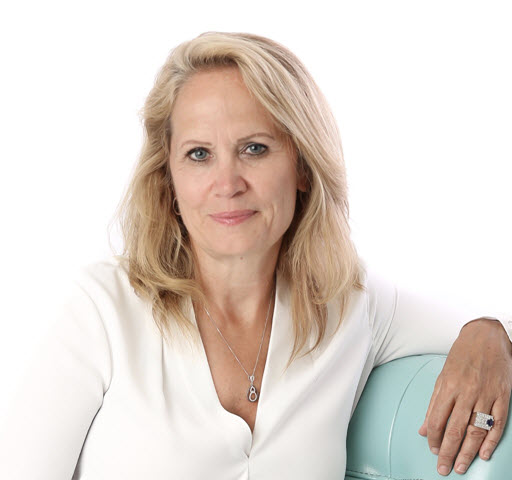
Lori Berard
BIO:
Lori Berard is Diabetes Educator with an expertise in diabetes education, management and clinical research. As a certified diabetes educator, she has over 30 years’ experience primarily as the Nurse Manager for the Health Sciences Centre Diabetes Research Program. More recently she was the Nurse Clinician/Educator at the Wellness Institute Seven Oaks General Hospital. She was a Faculty Member at the University of Manitoba Department of Medicine Section of Endocrinology from 2009 to 2017 and continues as a sessional instructor in the medical school. Currently she is working as a consultant in diabetes management and clinical research operations. She continues to be actively involved in many continuing medical educational initiatives with numerous presentations and publications. Lori has been a professional member and major volunteer of Diabetes Canada for more than 25 years and has extensive experience with the Clinical Practice Guidelines. She has received many honors and awards related to her work in diabetes.
A nurse is a health care professional who has the education and skills to care for individuals and their families across a wide range of specialties. Nurses work closely with physicians and administer care on an ongoing basis, making key decisions in patient treatment. Nurses may work in emergency medicine, obstetrics, pediatrics, palliative care, surgical care, psychiatrics and much more. In treating patients nurses can also educate them on wound care, physical therapy and rehab, test results and more.
Diabetes is a disease of the endocrine system. Endocrine or endocrinology nurses may work with people who have diabetes, and go by the title diabetes nurse. As diabetes mellitus has become an increasingly common problem, there’s a growing need for diabetes nurse educators and disease management specialists able to provide patients with the information and treatment they need to effectively manage their diabetes.
A diabetes nurse can be a staff nurse who helps monitor and educate patients, or an advanced practice registered nurse (nurse practitioner or clinical nurse specialist) who can take on the added responsibilities of advanced diabetes management and education. These additional responsibilities often include adjusting the type and dosage of medication, providing nutritional therapy and exercise planning, and providing behavioral and psychosocial counseling. Advanced practice nurses who sub-specialize in endocrinology may serve as a diabetic’s primary healthcare provider.
Diabetes Self-Management Educators
A primary role for nurses is that of a diabetes self-management educator who provides information to patients with pre-diabetes and diabetes in an effort to help patients make informed decisions about prevention and managing their condition. With a focus on helping people make lifestyle changes that contribute to improved health, the duties of a diabetes educator include:
- Working with patients to assess their needs and to develop a plan that includes educational interventions and self-management support strategies appropriate for the patient
- Providing education that helps the patient accomplish self-management goals
- Evaluating patients periodically to determine if they are meeting their goals or if they need other interventions and future reassessments
- Developing, with the cooperation of the patient, a personalized follow-up plan for ongoing self-management support
- Documenting the assessment and education plan, as well as interventions and outcomes
Diabetes nurse educators provide services in hospitals, physician offices, pharmacies, patients’ homes, and other settings. Advanced practice registered nurses typically serve under a primary specialization in their patient population focus, allowing them to further specialize as adult, gerontological, or pediatric diabetes educators. HCF
Winnipeg, MB, Canada

